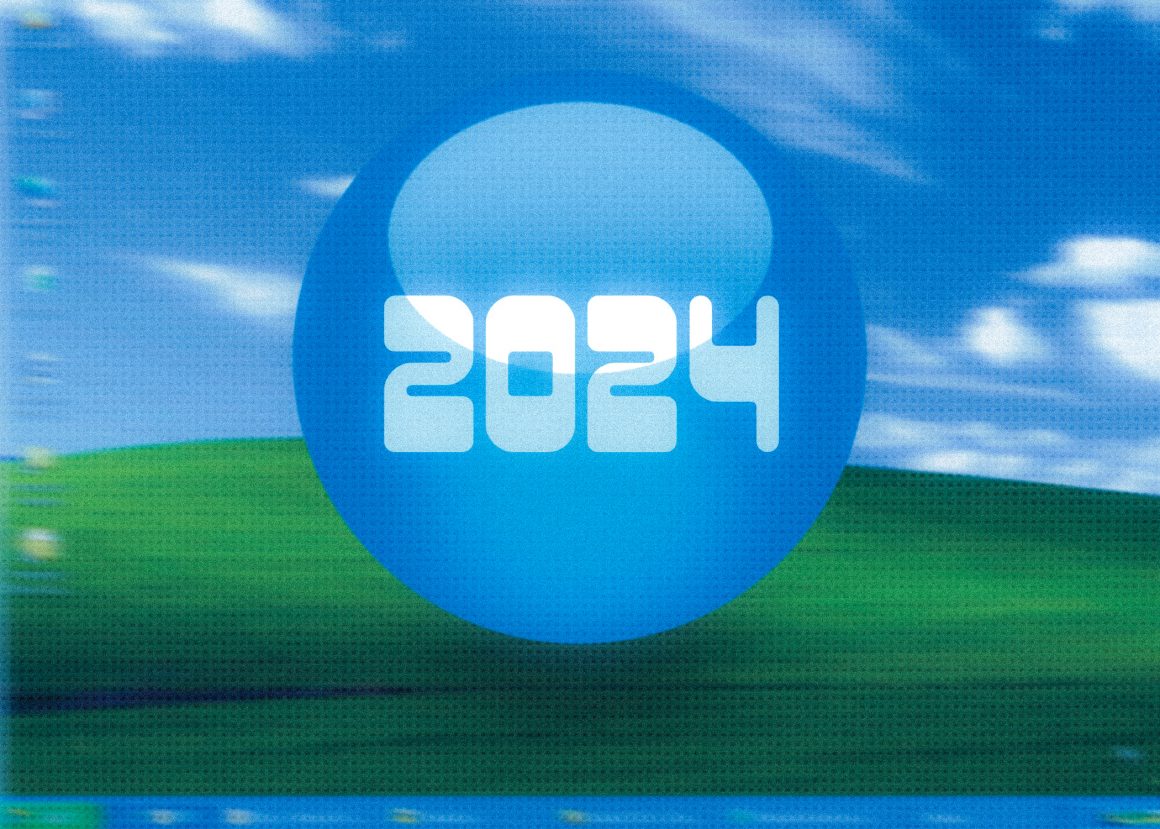
What’s on the scientific horizon for 2024
By Leonie O’Sullivan, February 1 2024—
In 2023, the scientific landscape was hot, but not in a good way. The past year was the hottest year on record. In July, Calgary broke its 133-year-old temperature record when the city reached 35.1 degrees Celsius. In lighter news, India became the first country to successfully send a moonlander to the dark side of the moon. Great successes were accompanied by tragic events — artificial intelligence (AI) exploded around the globe while the ‘Titan’ submersible imploded off the coast of Newfoundland. Now that we have embraced 2024, what significant scientific advancements await us?
AI will be upgrading and policing Paris
ChatGPT is due for an upgrade — OpenAI is expected to release GPT-5 towards the end of this year. Google will be releasing AlphaFold, an AI tool that can predict the shape of proteins with high accuracy. This new technology will accelerate pharmaceutical research by modelling interactions between proteins and drug molecules. AI will safeguard the 2024 Summer Olympics in Paris by detecting suspicious behaviour and monitoring crowds. This move has been met with privacy concerns, but this technology may enhance safety by flagging abandoned objects, weapons, unauthorized entries and abnormal crowd movements.
More mosquito vigilantes for Brazil
The Wolbachia method is a buzz kill for dengue fever, a potentially fatal disease spread by mosquito bites. Wolbachia is a parasitic bacteria that, when introduced to mosquitoes, hinders their ability to transmit viruses. A mosquito factory in Colombia can produce 30 million of these mosquitoes in just one week. The mosquitoes can act as vigilantes and spread the bacteria amongst untreated mosquitoes, blocking their ability to transmit viruses to humans. The World Mosquito Program (WMP) announced a new mosquito factory will be built in Brazil in 2024 to enable their goal of releasing these mosquitoes nationwide for the first time.
Inhalable powder vaccines on the horizon
The current FDA-approved vaccines for COVID-19 are administered by intramuscular injection and cannot induce immunity in the mucosal tissues of our airways. This is a significant downside as that’s how SARS-CoV-2 sneaks into our bodies. Another disadvantage of these vaccines is their requirement for low-temperature storage, reducing their accessibility worldwide. Researchers have fixed both of these problems, and the good news for those of you who have trypanophobia — no needles — this vaccine is a dry inhalable powder. The vaccine is stable at room temperature, but further tests are required to determine long-term stability. The following steps will involve getting this vaccine from the lab bench to clinical trials.
NASA will put the first woman and person of colour on a lunar mission
Since the Apollo 8 mission in 1968, the only people who have been sent on a lunar mission have been white males. NASA is meeting its promise to make space exploration more diverse by sending the first woman, Christina Koch, an electrical engineer, and the first black man, Victor Glover, a US Navy test pilot, on a lunar mission. This mission is named Artemis II and will pave the way for a subsequent moon landing (Artemis III) and the future exploration of Mars.
Citizen science meets the total solar eclipse
On Apr. 8, 2024, you will get the opportunity to experience a total solar eclipse, where the moon will completely block the sun from our view. You can roll up your sleeves and participate in scientific research during this event. To help the scientific community reveal the true shape of the sun, you can download the SunSketcher app to help collect data. You can also help by volunteering for the Eclipse Soundscapes project to share observations about the eclipse’s effect on wildlife. If data analysis is more your thing, you can help analyze the data uploaded to the project’s website. You can find more opportunities to get involved online.
This year is going to be an exciting time for science. It is incredibly inspiring to see scientists quickly adapting to the accessibility issues of vaccines and NASA meeting its promise to make space exploration more diverse — a giant leap for womankind and people of colour alike. This year, consider incorporating green initiatives into your resolutions to contribute to the fight against global warming. Small yet purposeful steps can lead to significant and positive changes.
